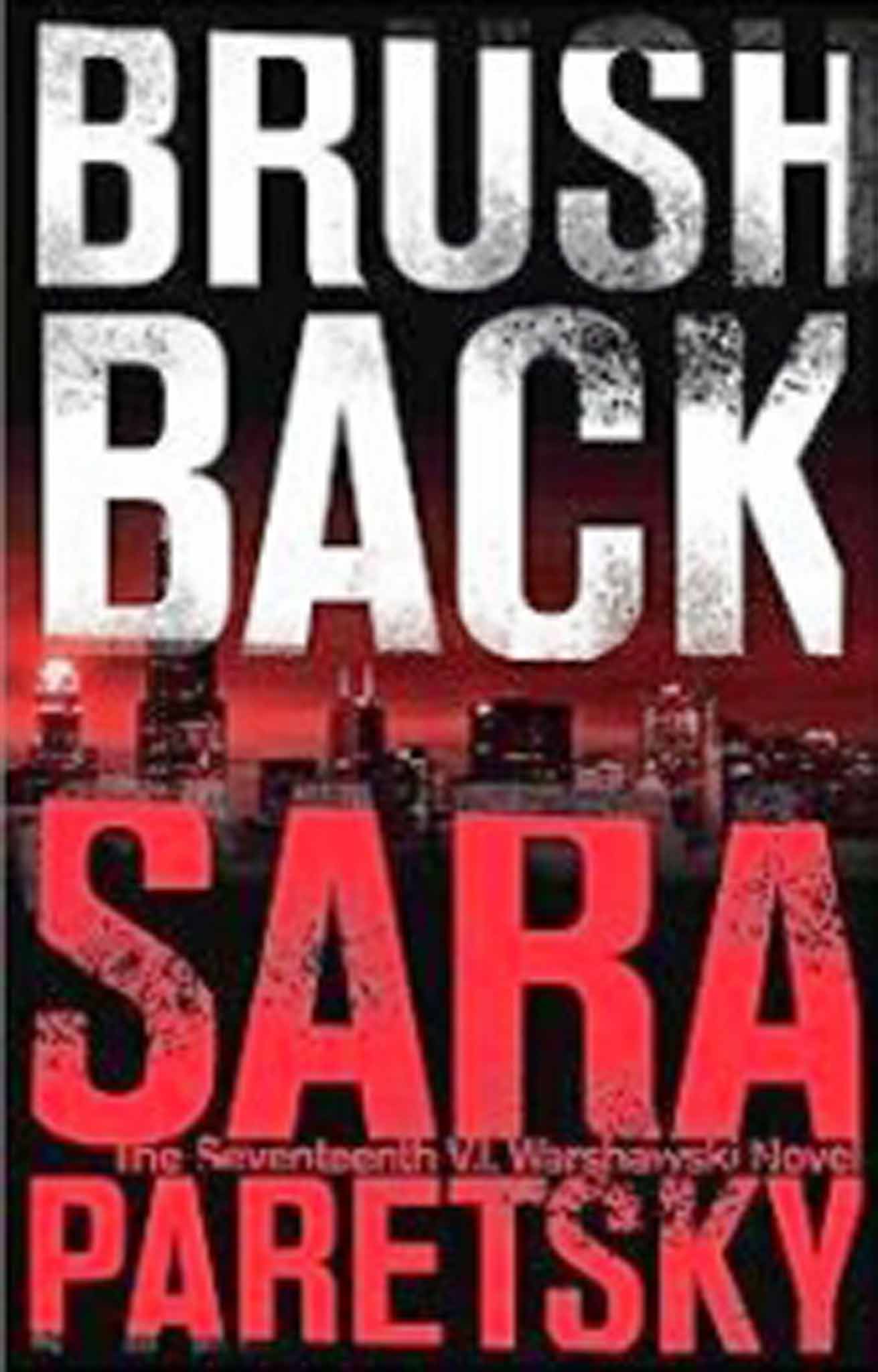Brush Back by Sara Paretsky - book review: Warshawski is back, as bloody-minded as ever
The wide-ranging canvas covers everything from her own tangled personal history to murders from the past, Chicago history, ruthless gangsters and the implacable demands of family

Sara Paretsky's V I Warshawski remains the most distinctive female private investigator in US crime fiction, and her continuing survival – after numerous pummellings, both physical and emotional – is somehow both plausible and very welcome. Cover-ups and conspiracies are familiar Warshawski territory, along with keen, fiery social commitment. Destructive family secrets often crop up; families can be threatening places in Warshawski's minatory world, repeatedly echoing Philip Larkin's view of what our mothers and fathers do to us.
And often, in Paretsky's hefty books, the emotional involvement of her detective in the cases is both ill-advised and inevitable. There is also a keen sense of loss: the slow, melancholy demise of the American dream and the optimistic ideals of Paretsky's baby boomer generation – which is not to say that the books aren't always exhilarating and utterly involving.
Brush Back, the 17th Warshawski novel, is set in her familiar stamping ground of South Chicago, with Vic revisiting an old neighbourhood (and a teenage boyfriend) she left years before. Her old flame, Frank Guzzo, enlists her reluctant aid in a difficult problem. His mother Stella has served several decades in prison for killing Frank's sister Annie, a crime she claims she is innocent of. Warshawski's reluctance to help is based on the unconcealed dislike that Stella had towards the Warshawski family.
Paretsky's sleuth manages to rile even more people in Brush Back than usual, and remains as bloody-minded as ever. The wide-ranging canvas here covers everything from her own tangled personal history to murders from the past, Chicago history, ruthless gangsters and the implacable demands of family. It's rich and aromatic, immensely entertaining – although the various baseball references (Paretsky is a fan) will be lost on most British readers.
Much-acclaimed for her non-pareil detective fiction, Paretsky is also famous for her views on serious issues: the rise of religious fundamentalism in her own country, the Iraq war, the erosion of women's rights. And without ever allowing her fiction to proselytise, such concerns give her books provocative undercurrents that elevate them above more quotidian crime fiction.
Identity, too, is a theme: not just of the murdered Annie (was she the likeably ambitious girl Warshawski remembers, or the cynical, amoral woman Stella claims she was?), but also the character of Victoria Iphigenia herself, never quite fixed, always somehow alienated from those around her.
Subscribe to Independent Premium to bookmark this article
Want to bookmark your favourite articles and stories to read or reference later? Start your Independent Premium subscription today.

Join our commenting forum
Join thought-provoking conversations, follow other Independent readers and see their replies